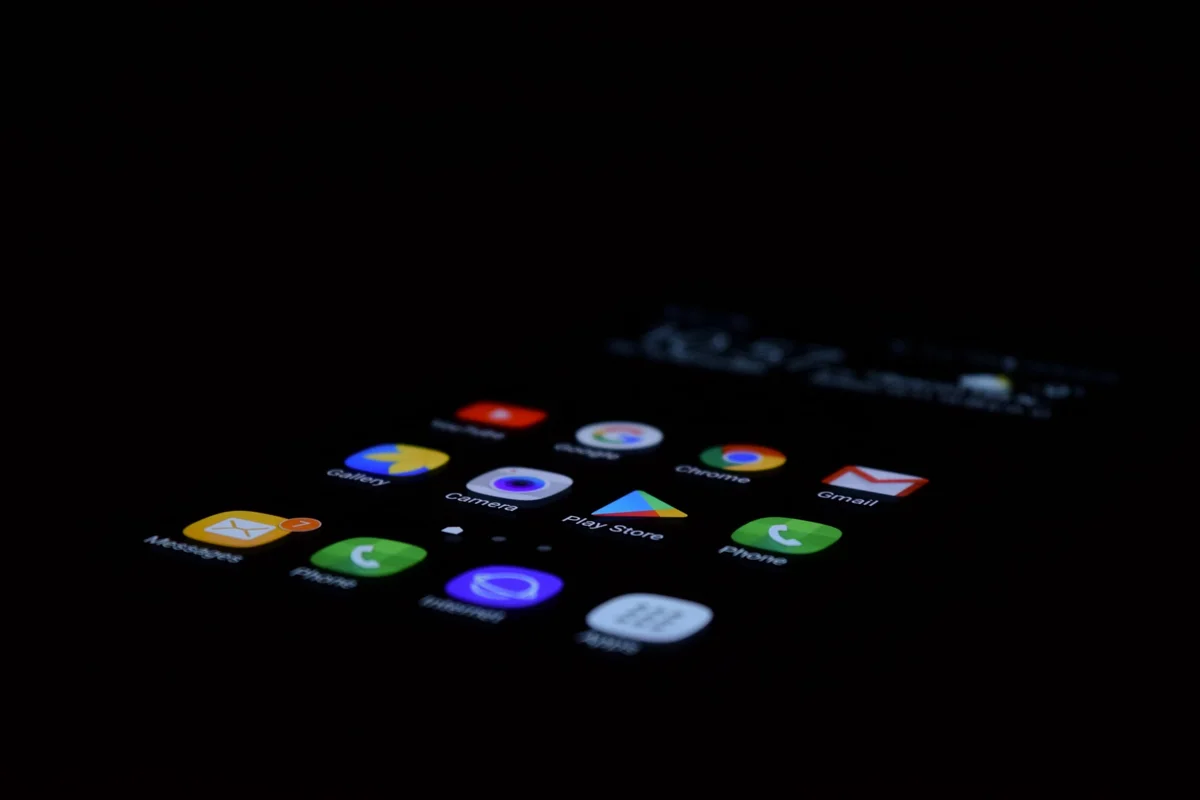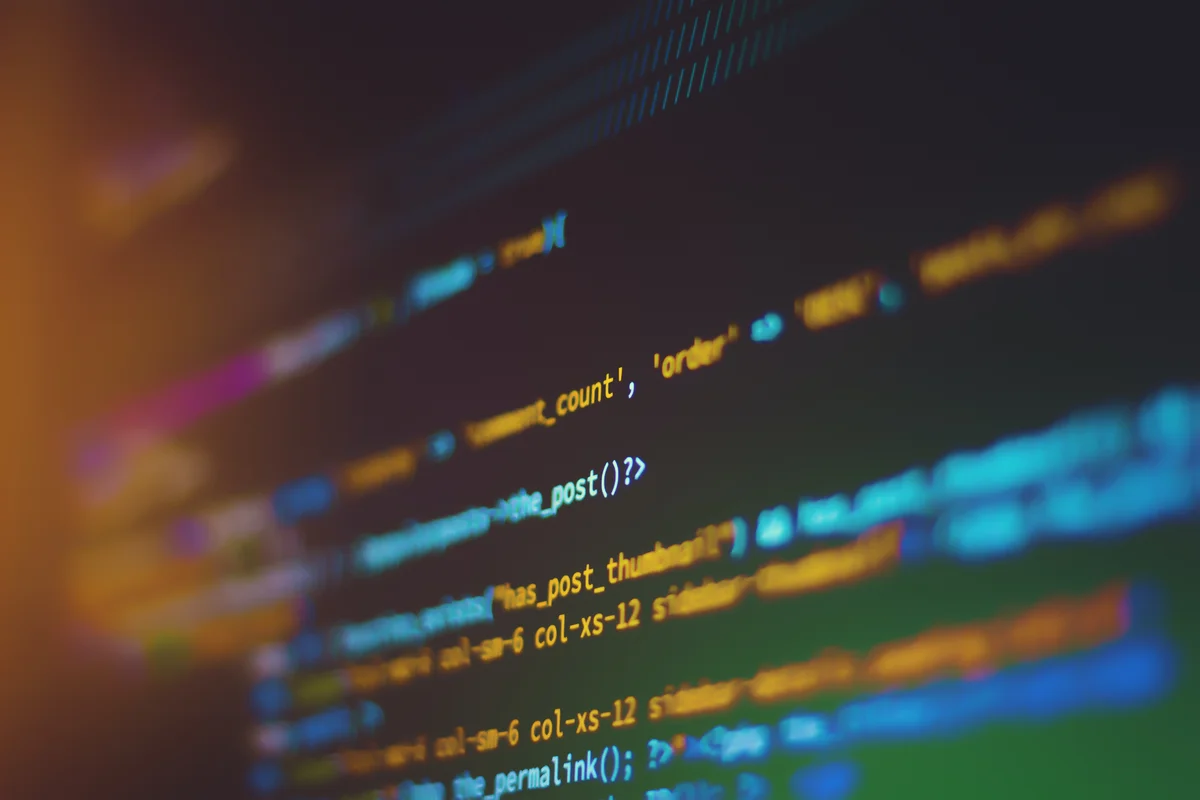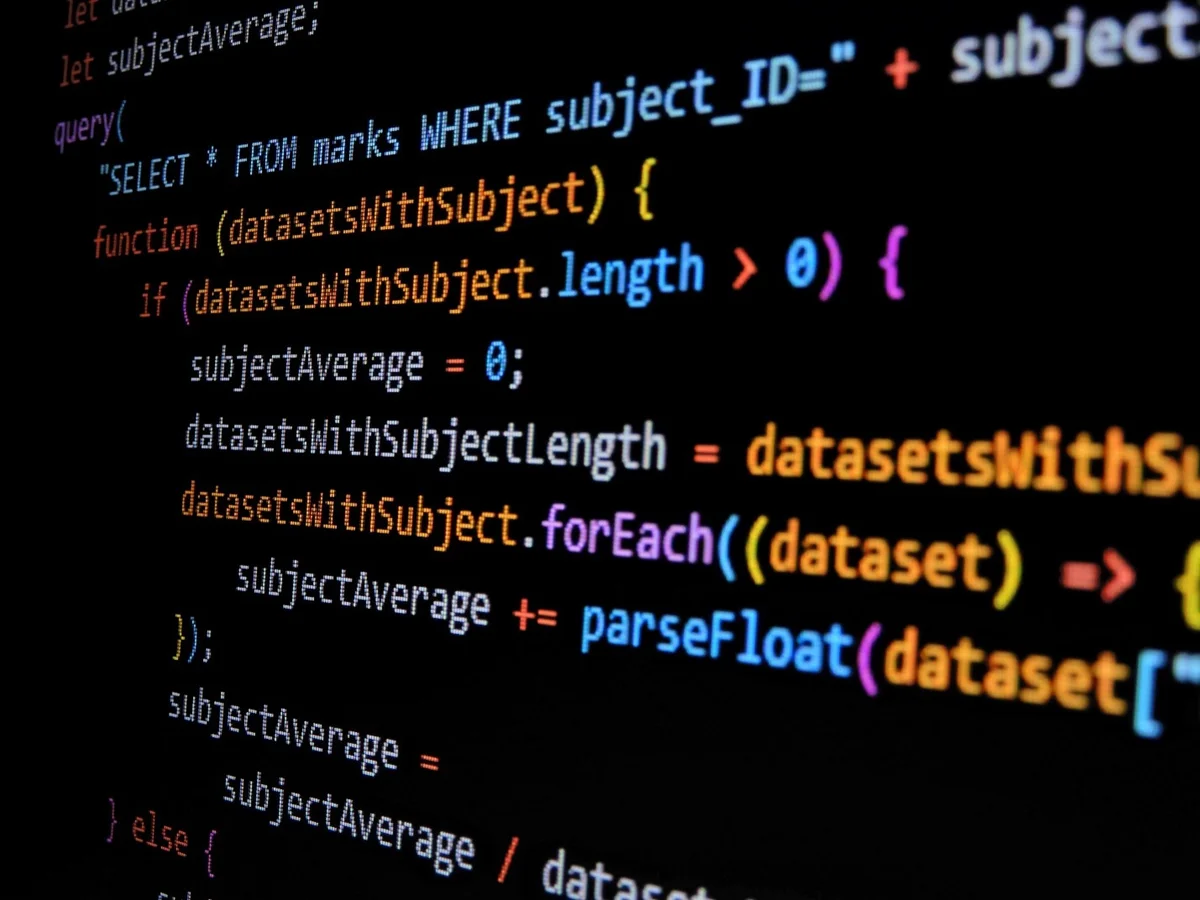From Home to Factory: IoT App Use Cases
IoT products have taken the world by storm, and it seems there’s little they can’t do. Right now, there are approximately 35.37 billion of these devices across the globe, most of which are used for building surveillance and automation.
Besides individual consumers, these products are also perfect for businesses. For example, agricultural companies use them to monitor resource consumption, while healthcare providers implement them for better patient experience. Most notably, the Internet of Things gives us precise real-time insights while also eliminating human error.
In this article, we want to talk about IoT industries that benefit the most from these solutions. We’ll share practical use cases of how companies can improve their processes with this technology.
1. Manufacturing
Since its early days, the manufacturing industry has been predicated on automation and streamlining. A business that wants to become successful has to optimize all its processes for maximum efficiency while simultaneously reducing waste. That being said, it makes sense that IoT devices would be a perfect fit for this industry.
Manufacturing companies can experience numerous benefits with using this technology, tracking the efficiency of different processes within the supply chain. With IoT devices, a business can track raw resources from the initial purchase until they’re turned into consumer products.
Through better inventory management, manufacturers can improve their resource usage, ensuring they don’t have too much money locked in assets. Aside from materials and finished goods, IoT can also improve machine maintenance by monitoring the state of different equipment on the production floor.
2. Healthcare
As the global population keeps getting older, the healthcare industry will continue its unprecedented growth. Experts predict that this sector will reach a market volume of $86 billion by 2027, increasing by 10% annually from 2023 to 2027.
Due to the increasing complexity of daily procedures and various regulatory protocols, healthcare providers are almost forced to use IoT devices to streamline business operations. Among others, companies nowadays use this technology to improve drug management and usage and patient experience. With this software, doctors can track the well-being of every patient, increasing positive outcomes.
IoT devices are also vital for reducing waiting times, improving scheduling, and optimizing emergency room usage. So, not only will the medical processes and treatments get better in the future, but the clinics will also improve resource utilization. All of this would, ultimately, make life much easier for medical professionals.
3. Logistics
Fleet management is a common buzzword within the transportation industry. The phrase refers to various processes that ensure better vehicle monitoring and routing. Companies nowadays use IoT apps to track whether each truck is on the map and how long it needs to reach the destination.
Like with other industries, IoT-based logistics should provide much more predictable results. These devices can serve various types of businesses, from large trucking companies to family movers, and have quickly become the pillar of supply chain and inventory management.
Aside from vehicles, organizations use IoT devices for inanimate premises. They can use it for production facilities and warehouses, ensuring better storage space usage. By relying on real-time data, companies can be certain their drivers have all the necessary tools and inventory waiting for them at loading and unloading destinations.
4. Public sector
Traditionally, organizations working within the public sector are considered among the latest adopters. However, in the case of IoT technology, they were pretty fast to catch up. The trend is especially noticeable in Europe and, particularly, Scandinavia, where most municipalities used some sort of IoT systems by 2019.
For the most part, public organizations use this technology to monitor large pedestrian streets and major roadways. In fact, adding this technology was vital for reducing crime and preventing indecent behavior in public.
On top of that, IoT devices can also serve better traffic organization. Highly congested cities have implemented these systems in an attempt to improve their public transportation and address any bottlenecks.
The devices also work well for other tasks such as waste disposal, disaster prevention, and various forms of public scheduling.
5. Agriculture
Many experts believe that the Internet of Things might become a savior for the agricultural industry, helping producers tackle various challenges caused by environmental changes.
Perhaps the biggest advancement comes in the form of water tracking. It isn’t uncommon for irritations systems to have leaks that drop their efficiency by up to 30%. This is not only a major environmental waste but can cause a heavy toll on producers’ budgets.
With IoT, a company can assess water flow within the pipes to ensure there aren’t any leakages. The technology can also provide valuable information about soil quality while also improving the management of different tasks. Businesses can use it for just about any process, from planting seeds to fumigating.
Even after a company has gathered fruits, vegetables, and wheat, IoT can help with certain logistical tasks. With this technology, a producer can monitor environmental conditions within storage and trucks. That way, growers can ensure that the food doesn’t rot before reaching end users.
6. Energy
Given the complexity of energy networks, businesses can utilize IoT to monitor the state of their facilities. The devices can track energy production, schedule equipment maintenance, and prepare for potential environmental disasters.
The Internet of Things devices also works for other objects, such as circuit breakers and meters, ensuring fair consumption. In other words, companies can track how much energy families spend in real-time, preventing any misuse or fraud.
7. Retail
IoT has become crucial for modern retail processes. Experts predict that software sales will grow in value by 20% annually until 2031, reaching $178 billion CAGR. This makes sense, given that all major brands are looking for ways to simplify and automate the purchasing process.
Among others, IoT will be used for automated checkouts, improved personalization, inventory management, and product tracking. These devices are crucial for shoppers’ experience but can also improve various aspects of the supply chain.




